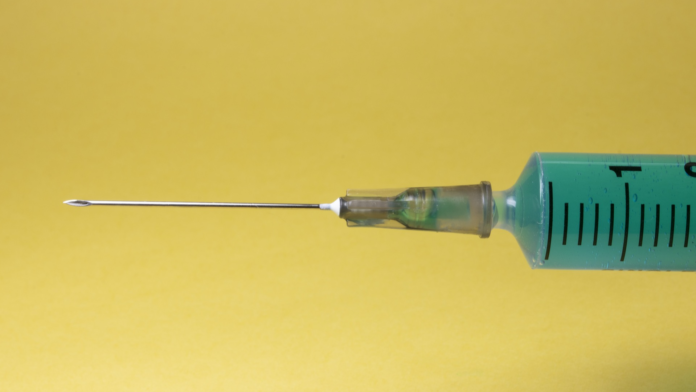The Bacillus Calmette-Guérin (BCG) vaccine is one of the oldest, safest and cheapest vaccines available. For 100 years, newborns around the world have received BCG shots in an effort to combat tuberculosis (TB). But the vaccine comes with some very mysterious extra benefits.
In the early 20th century, Swedish physician Carl Näslund noticed that BCG-vaccinated children were far more likely to reach their first birthday — even though TB normally affects older children.
More recently, studies from West Africa showed that BCG-vaccinated children had a 40% lower death rate than their unvaccinated peers, with the shot protecting against malaria, sepsis, respiratory infections, and even leprosy.
These extra benefits are great. But until now, no one has been able to explain why or how this happens. Now, a team led by researchers at the University of British Columbia have solved the mystery.
Unlocking BCG’s bonus features
Over five years and multiple countries, the team studied the impact of BCG vaccination in mice and human infants. Using neonatal sepsis as a model, the team vaccinated mice pups and induced sepsis three days later.
Sepsis, an extreme immune response to infection where the body attacks itself, is a major cause of newborn death globally. But the vaccinated pups were protected, and far more likely to survive.
To understand why, Byron Brook, a UBC PhD candidate in experimental medicine at the BC Children’s Hospital Research Institute, and team explored the biological response triggered by the BCG shot. What they found was swift and dramatic.
Within three days of vaccination, researchers spotted a surge in neutrophils. These white blood cells patrol the body and help fight off severe infection, a process known as emergency granulopoiesis.
“It’s been known for a very long time that neutrophils play a very important role in managing sepsis, but until now nobody understood the role of BCG in initiating this critical process,” said Nelly Amenyogbe, co-author and graduate of UBC’s experimental medicine program.
“It was actually thought to be biologically implausible, however we’ve not only shown how BCG is involved, but that it kicks off this process almost instantly following vaccination — far more quickly than anticipated.”
The team subsequently validated their findings in BCG-vaccinated newborns in West Africa and Papua New Guinea.
But as with everything in life, timing is key. Delay the vaccination date and the older mice, six weeks rather than a few days old, did not receive the same level of protection.
Saving the lives of a million newborns
Canada has the one of the lowest rates of TB infection in the world. As a result, the BCG vaccination is not routinely administered to newborns except in certain high-incidence communities. This is in part due to past controversy over the safety of administering a live vaccine to vulnerable infants.
However, the researchers stress that early BCG vaccination could have a huge impact internationally.
“Around half of all newborn deaths from infection happen in the first week of life, with about 75% of those deaths caused by sepsis,” explains Dr. Tobias Kollmann, an affiliate professor in the UBC department of paediatrics and investigator at BC Children’s Hospital in Vancouver.
“Given BCG’s clear role in helping newborns to fight off sepsis, we could save the lives of close to a million newborns every year if they were given this vaccine within days of birth instead of weeks later.”
As well as TB and sepsis, BCG has been used to protect against a wide range of infections and even some cancers. So it’s hardly surprising that researchers are studying BCG for the fight against COVID-19, work that Kollmann and Amenyogbe are also involved in.
Beyond COVID-19, the researchers stress the real and immediate benefit of BCG for vulnerable newborns in low- and middle-income countries.
“BCG is very, very safe, costs only a few cents per dose, and reduces infectious causes of mortality — not just tuberculosis — in newborns by almost 50%,” says Kollmann.
“There’s nothing that we have in our entire current medical arsenal that is as effective, cheap, safe, feasible and affordable as this vaccine. All we have to do is ensure all newborns at risk get it right away at birth.”





































